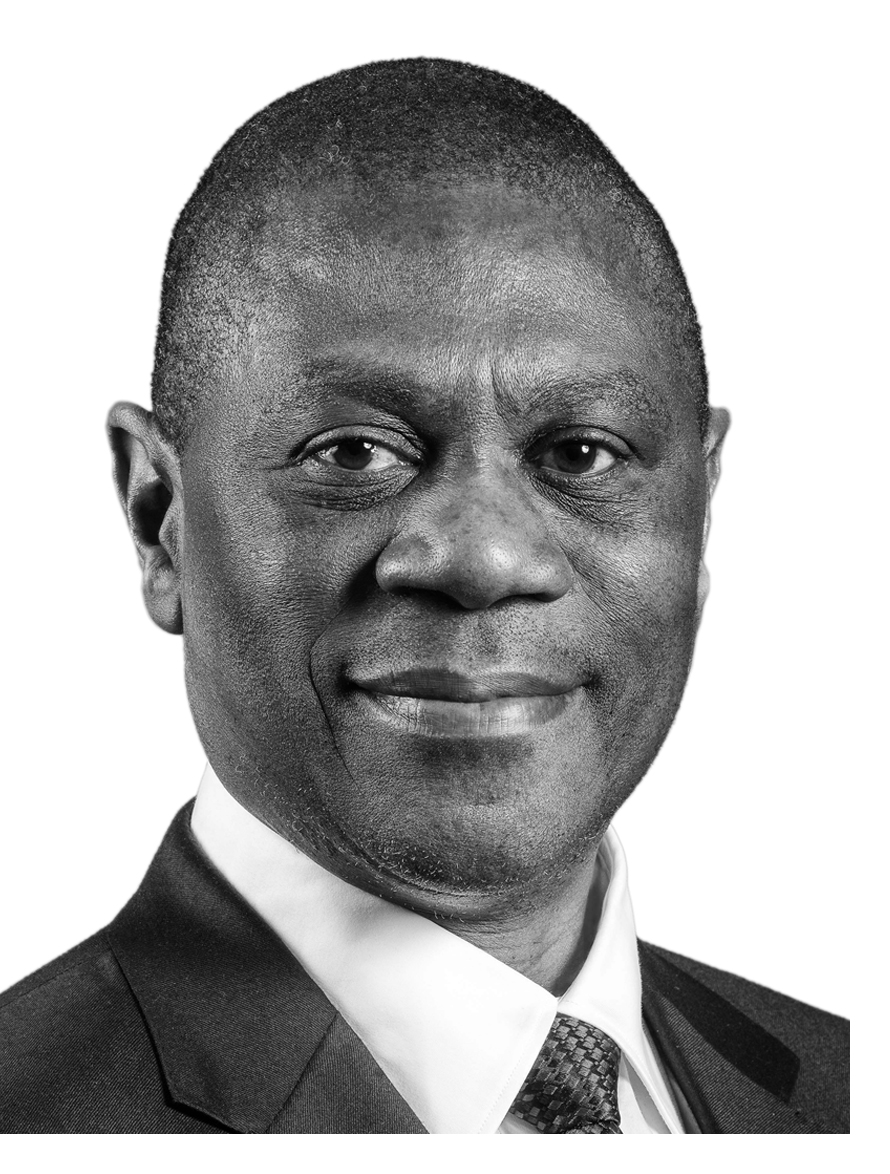President of the New Development Bank, Ms. Dilma Rousseff;
Deputy Ministers;
Ambassador of South Africa to China, Dr Siyabonga Cwele;
Executive of Huawei;
Ladies and Gentlemen;
I would like to extend my gratitude to Ms. Dilma Rousseff, the President of the New Development Bank, for hosting us here in your Shanghai office.
In line with our aspirations as the BRICS countries, the New Development Bank has emerged as a platform for promoting sustainable development and addressing the challenges faced by developing nations.
Similarly, South Africa has made significant progress in recent years, but we recognise that there is still much work to be done. We are aware of the need to address challenges such as poverty, inequality, and unemployment that continue to plague our society.
In this light, we see the New Development Bank as an important partner in our quest for sustainable development. We appreciate the Bank's commitment to green and inclusive financing, which is consistent with our goal of a sustainable and equitable South Africa. We believe that by focusing on renewable energy, infrastructure development, and job creation, we can build a society that benefits all of its members.
Madam President, we would like to welcome the NDB’s support for infrastructure investment in South Africa. In this regard, we take note of USD 5.6 billion of loans extended to our country over the last 8 years.
In the project pipeline, we welcome the Bank’s intended support to Transnet to address the infrastructure backlogs in freight rail. The Transnet project is extremely critical to ensure a globally competitive freight system that enables sustained growth and diversification of the country's economy.
However, a key concern of the South African Government is the slow disbursements of the approved projects for South Africa. We have noted the Lesotho Highlands Water Project Phase 2 loan agreement was signed during the BRICS Summit in South Africa. We would like to encourage the Bank to move speedily with the disbursement to implement this project. This project is very critical in the supply of bulk water to support the economic hub of Gauteng region.
We also welcome the USD 3 Billion pledged by the NDB announced during the BRICS Summit to support the financing of South Africa’s energy transition over the next five years. South Africa is currently engaging with multiple partners to modernise and transform the energy sector. NDB participation in the sector will be very important. The Government has undertaken key reforms over the past five years, particularly those related to private sector participation in the generation of electricity. Opportunities in the renewable energy sector exist and in extension of transmission lines.
South Africa noted the launch of the ZAR 10 Billion Bond Issuance Programme in 2023, and welcome the first issuance conducted by the Bank in our market in August 2023.
The issuance will enable the NDB to provide local currency lending to South African clients, particularly non-sovereign clients (private sector). This is very important given the rise in borrowing costs of hard currency markets.
The bank can now provide local currency pricing for both sovereign and non-sovereign loans.
We are pleased that the Bank is in line with its General Strategy aiming to increase its presence in the local capital markets of its founding member countries.
In helping to address the infrastructure financing gap in member countries, NDB is committed to playing a catalytic role in mobilising resources from diversified funding sources, particularly from the private sector.
Given the shrinking government resources, the South African government is seeking innovative funding models that could crowd in the private sector and the Multilateral Development Banks to finance infrastructure projects.
The Minister of Finance is engaging with the NDB African Regional Centre for technical assistance in designing innovative funding models and institutional arrangements that could accelerate infrastructure investments in the country.
We are further looking at the NDB to provide solutions regarding de-risking infrastructure projects through its financial instruments to attract private capital in our infrastructure projects.
Furthermore, we commend the Bank for establishing the Project Preparation Fund which will assist member countries to increase the pipeline of bankable infrastructure projects.
South Africa wants to commend the efforts of the President of the NDB for her extensive outreach to potential members to join the NDB. The membership expansion to diversify the Bank’s concentration and mobilise new capital to strengthen the financial position of the Bank.
South Africa remains committed to reaching out to the identified African countries, to consider their membership to the NDB. We have already received positive feedback from Namibia and notified the Bank’s management to start formal engagements with the country.
We are hoping to see many countries joining the Bank in 2024.
South Africa is looking forward to hosting the NDB Annual Meetings in 2024 in partnership with the NDB,
Lastly, South Africa wishes to underscore that we, as members of the Bank, must do everything possible to preserve the integrity and financial sustainability of the Bank.
South Africa is committed to working hand in hand with the Bank and its member countries to achieve sustainable development and create a better future for our people.
Thank you.





